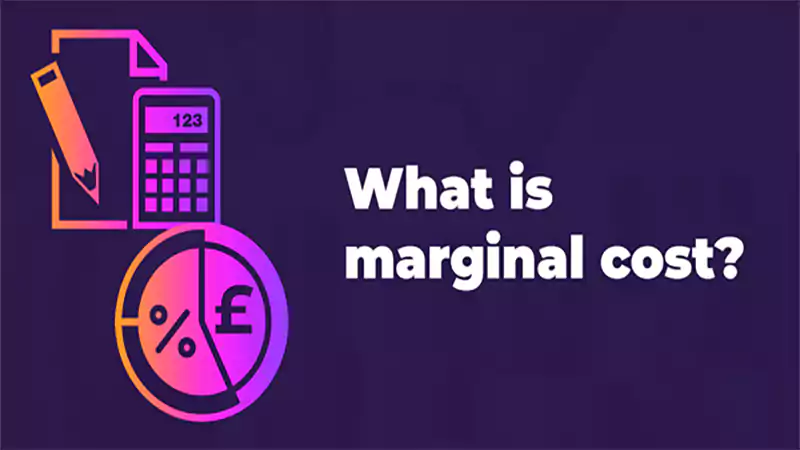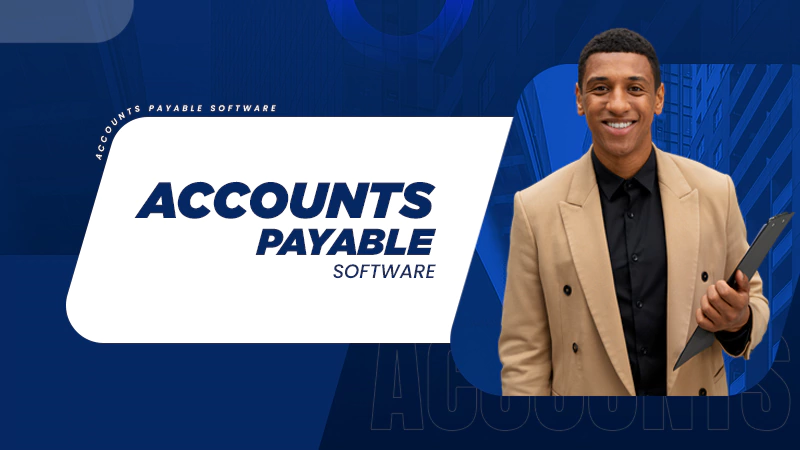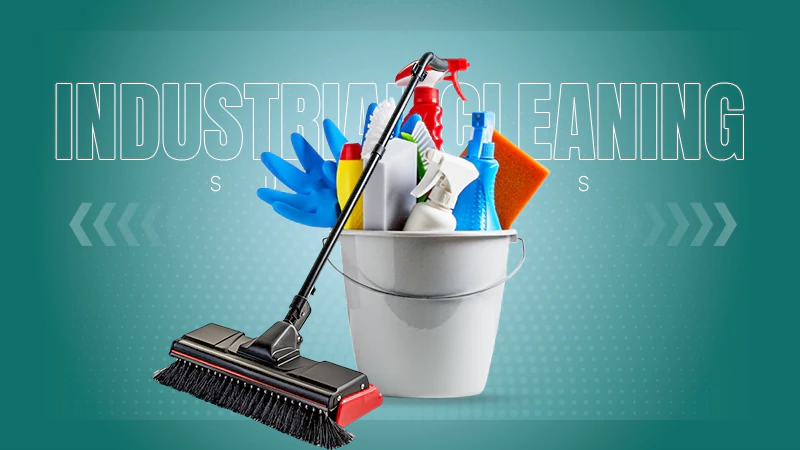VPN can be a good option as it encrypts internet traffic, ensuring sensitive data remains secure even on unsecured Wi-Fi networks.
Key Takeaways
- A VPN can protect your important information from being passed around and doesn’t reveal your details to emails and calls from unknown people.
- Keep your devices up to date and use strong passwords. Also, lock your screen when you are not using it, as it provides you with more online privacy.
- Keep your files restricted if you are using a personal device, and secure your documents. If you find some difficulty, discuss it with your IT team.
- Install an antivirus program to catch the spyware, and don’t forget to create a backup of your files that helps you in case of system failures.
Do You Know?
In the third quarter of 2024, 422.61 million data records were leaked in data breaches, impacting millions of individuals worldwide.
Do you think that the files your PC is holding can be seen by the invaders who are not present in front of you but inside the system?
They can not only affect your records but also steal them and take control of your computer and hinder your work.
Don’t worry. Here, we will discuss the tips that keep your system intact and uninfected.
We tell you about those things that can be done in regular basics to prevent necessary information from being leaked.
Like keep encrypting your system and other accounts, choose a private network for secure connections, and other simple things that contribute to making your device malware-free.
And in addition, the antivirus works as an antiviral medicine for your system, it removes the unwanted spyware by detecting, scanning, and cleaning.
Read this article for more on this topic:
Use a VPN
It is a private network that is known better than Wi-Fi for its security features, as it protects your personal information from being leaked.
VPN encrypts your internet links and allows you to securely access your company network and files, and prevents third parties from accessing the records you’re viewing or transmitting.
You can buy cheap VPN plans to make your work more secure, not only keeping your work safe but also hiding your IP location, which makes the task difficult for hackers to identify your exact location.
Beware of Phishing Attempts
It is a type of cybercrime that is used by hackers to trick people. They send you fraudulent emails, messages, and make scam calls to hook you in their clutches.
And try to fool you so that you can reveal your sensitive information like passwords, bank details, or card pins.
To protect yourself from this, never answer the scam emails or calls, or do not even try to click on the malicious links, and validate the sender before making any move on those texts and calls.
Keep Devices Updated
Updating gadgets time to time keeps bugs and other malware away from the equipment and prevents potential threats.
This can be done by installing reliable antivirus software, as the outdated technology is easily susceptible to threats.

Turn on automatic updates wherever possible, or schedule reminders to manually update devices regularly.
So, it becomes a part of your responsibility to provide it with safeguards from the viruses so that it is shielded in the future.
Use Strong Passwords
Passwords can protect your records if set elaborately, as simple codes can be easily hacked.
Create complex passwords and try not to use them multiple times. Keep in mind that your passcode must include at least 12 different characters; your passwords should be as protected and changed as frequently as your underwear.
Secure your keys in a reliable password manager and turn on the two-step verification for extra safety.
Lock Your Screen
Configure devices to lock automatically after a period of inactivity. This logs out of work accounts when not in use as well. Set a password or PIN to unlock.
Locking the screens of gadgets is an efficient way to prevent your records from unauthorized access.
By doing this, you can shield the information from the pirates and also set automatic locking controls that encrypt your PCs and phones when you are not using them.
You can do the same by setting a pin and logging out of those accounts that are not in use.
Separate Work and Personal Tech
Ideally, dedicated work devices for accessing company networks and information are used.
If you are using a personal device, keep work files and activities restricted to separate user accounts or profiles. Limit sharing between personal and work applications.
Secure Physical Documents
Be mindful of physical documents and whiteboards containing sensitive information if others are present in your home.
Store confidential documents securely when not in use. Dispose of paperwork containing sensitive content through trash bins.
Discuss Security Measures
Keep open communication with your manager and IT team about information security.
Ensure you understand and follow all policies and protocols established for remote employees. Ask questions if you are ever unsure about protecting company records.
Use Antivirus Software
These antivirus scans clean the bugs from your devices and also detect the malware, which prevents the content from being released. Install a reliable program and schedule it regularly for the scans.
Keep antivirus software updated as well for maximum protection. If you use a MacBook, you might think antivirus software isn’t necessary, but it is just as substantial as it is for Windows devices.
Which is why the cybersecurity experts at VPNpro have reviewed the best options if you need antivirus for Mac.
Back Up Data
Routinely back up your work files and documents. This protects in case of device failure, theft, or ransomware attacks. Follow company protocols for securely storing backups.
As cybercrime on the rise, so, it has become vital to protect the files and other implant records of the company; if it is not done properly, it can lead to threats.








